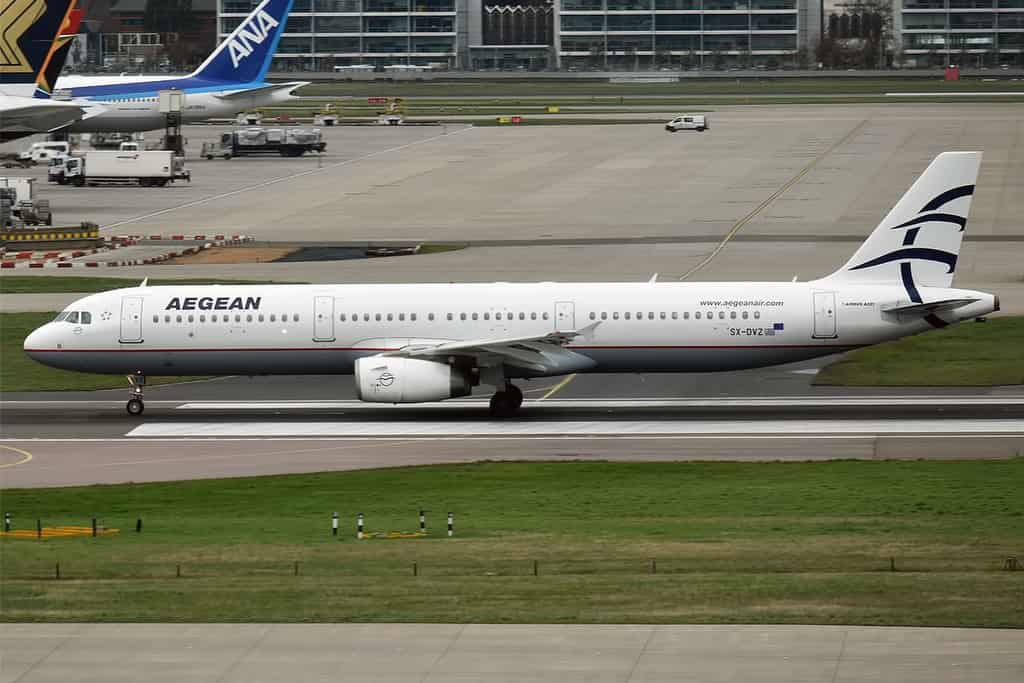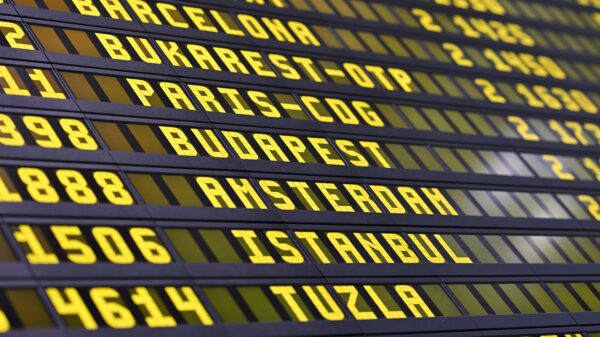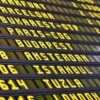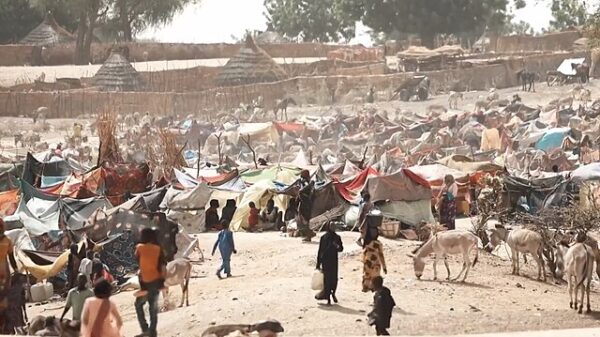Roar writer Sara Khash discusses the hardships and privileges of travelling during the coronavirus pandemic.
Travel. Trip. Trek.
Travel in sunglasses or hiking boots. A trip across the water or long car rides in the open air. Treks along the sand or a hike within nature. These simple undertakings, mundane possibilities we take for granted — the ability to buy a ticket and go home, to visit and explore. To most, this is the definition of ‘journey.’ However, when there is a change to the ‘ordinary,’ one must step back and look at one’s privilege to rely on that definition.
The sudden travel shutdown left some cast away from their homes. On March 22nd, Greece announced restrictions on all non-essential travels; Greek nationals studying and working in the UK hurried to find a way home, but flights disappeared, websites were down, and hope was lost.
My siblings and I would go online to search for tickets every evening, and by the end of May we were no longer disappointed when left empty-handed. Even if we found a connecting flight, the prices were heavy, the flight unreliable, and the conditions upon arrival unknown.
On June 8th, Aegean airlines unexpectedly scheduled a cheap flight on the 15th – the day the Greek borders were about to open for a handful of countries, but excluding the UK. We booked a flight without hesitation, and it almost felt as though the gears of society were slowly moving apace again.
On June 12th we received a phone call informing us that all flights from the UK had been canceled until July. After the panic settled in and the anxious laughter subsided, with a stroke of luck we found seats for nearly full transit flight through Germany. Eight hours later, we stood in the middle of an unexpectedly packed Heathrow Terminal 2.
There was an underlying desire to remain isolated, to prevent any form of interaction that might bring attention to a person. Closed restaurants and coffee shops funnily advertised their average wait time of 0 minutes. Lines stretched across the airport as passengers waited impatiently to buy breakfast at Boots or WHSmith. Parents snapped at carefree travellers, and older passengers stepped back whenever a child coughed.
Masks seemed to come in many forms. Surgical masks hung loosely on ears while some preferred to make a statement with their branded designs. It is peculiar how even as the world unravels, people still hold onto a materialistic image. A couple stood in front of security and took off their flimsy masks to share a goodbye kiss; an interaction of affection became an image of danger.
Both of our flights were fully booked and accompanied by the soothing cries of babies. No seats kept travellers apart, as had been previously guaranteed. Two passengers boarded with hazmat suits on, and the woman next to them held in her breath. On each flight, we were gifted anti-bacterial wipes upon entry — a small gesture with the underlying reminder of the mist of panic that has altered humankind’s perspective of the world. Water bottles were distributed, but meals were not permitted. We were removed from the plane in groups, forty people at a time.
Everything in Frankfurt seemed to be moving on a different wavelength than it had in the UK. Bakeries were buzzing, and shops sold their usual duty-free goods, including hand sanitizers and face masks. At passport control, the officer asked me to remove my mask, and I realized that I had not done so for the last few hours.
Upon arrival in Athens, two-hundred passengers were pushed into a room to wait for testing. The protocols for social distancing had fallen flat by the collective desire for ventilated air. The testing area was made up of police officers standing rigidly by stalls stretched out across the hall occupied. Medical professionals impatiently tickled the back of your throat with a swab, and then you were let go, passed on, and led out. No quarantine. Only waiting for the results – which never came.

Compulsory Covid-19 testing for all passengers traveling into Greece (13/06/2020)
As I reflect back, I see the hypocrisy. I judge my actions, my fears, and my worries. My journey to Greece was tiresome because of a blatant uncertainty of what to expect. The simplicity of travel was uncomfortably disturbed by the constant dread of infection. Such experiences are not irrelevant, but they’re also not the most treacherous passages taken to cross Greek borders.
Prior to the pandemic, Greeks who struggled to travel home suggested setting up floating net barriers to avert refugees entering the country. We have taken advantage of our freedom of movement, and criticized those seeking asylum for not taking a more “conventional route.†While we were tested upon arrival for the benefit of our health and the health of our community, most refugees do not have access to Frist Aid. While we complained of a possibility of staying at a paid hotel room for a night, around “20,000 people from 64 different countries†(CNBC) squeeze into the horrendous living conditions of a refugee camp in Lesvos.
There is a fracture in the world’s core, a heavy feeling of existential angst. These overwhelming emotions have encouraged humanity to open their eyes to the injustices of civilization. Our own ‘travel,’ our ‘trip,’ our ‘trek’ was for comfort, not for survival.

















